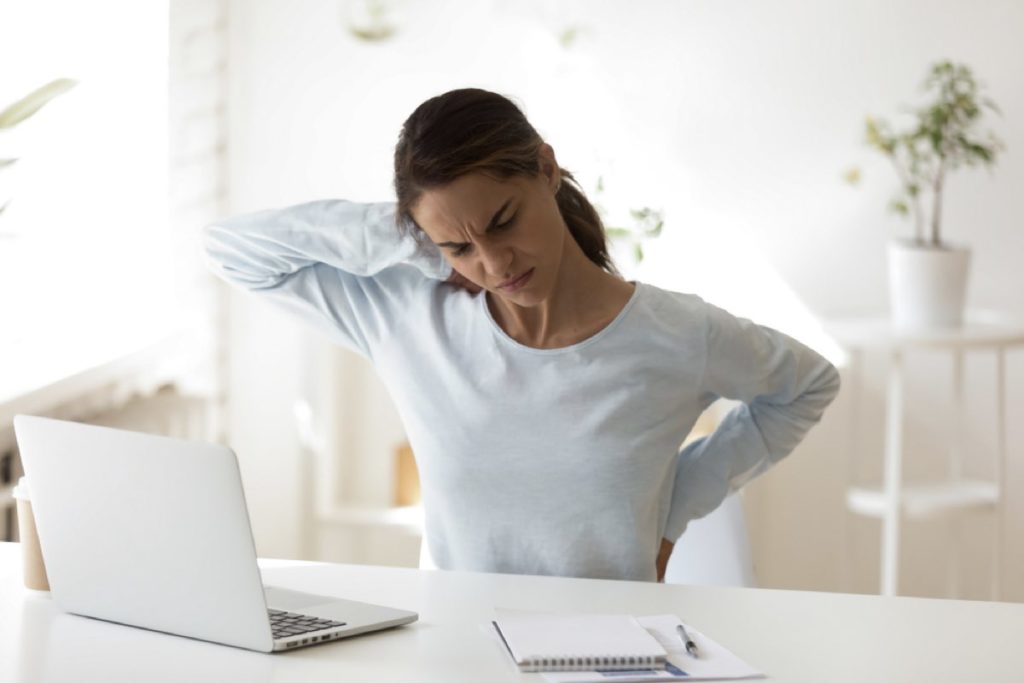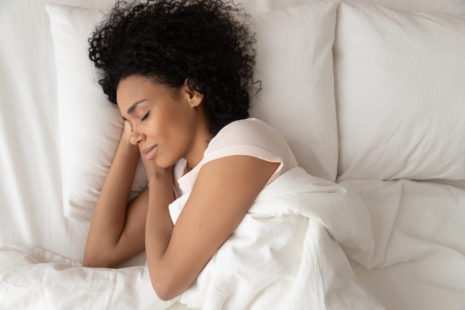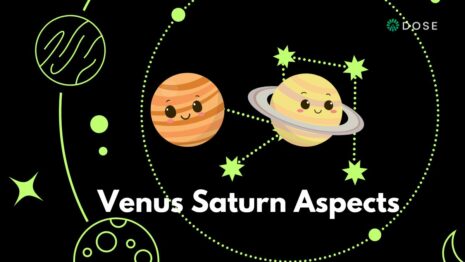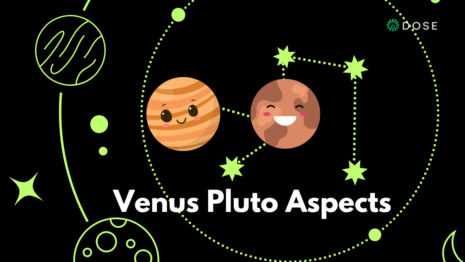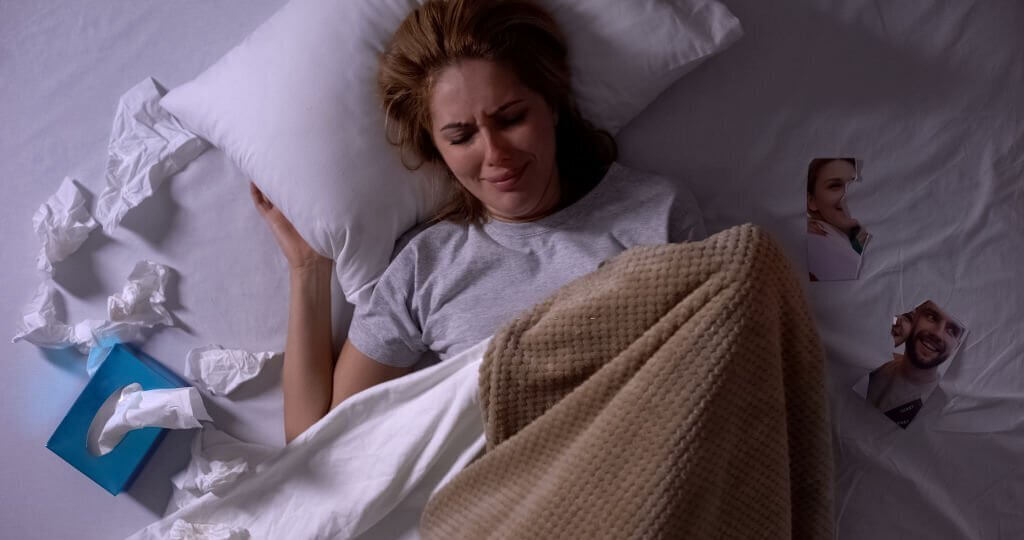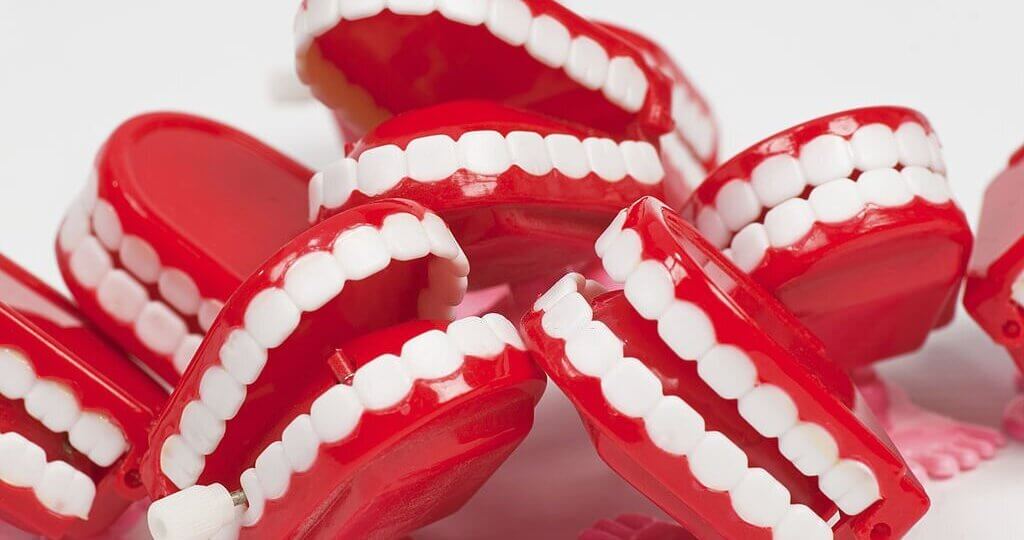You might get them on your period, or when you’re extremely stressed or tired. Migraine pain is real, and it turns out, they’re more common in women. Here’s everything you need to know…
The facts
Claire Barnes is nutritional therapist at Bio-Kult.
“Whilst both sexes can suffer with migraines, the condition affects three times more women than men,” she says. “In fact, some research suggests that as many as a quarter of all females in the UK experience attacks. Women also experience migraine differently to men. Women report episodic pain (often for a longer duration) and chronic pain more frequently than men. In fact, 85% of chronic migraine sufferers (ie. those that suffer 15 or more headache days per month) are women. Migraine is therefore a significant women’s health issue.”
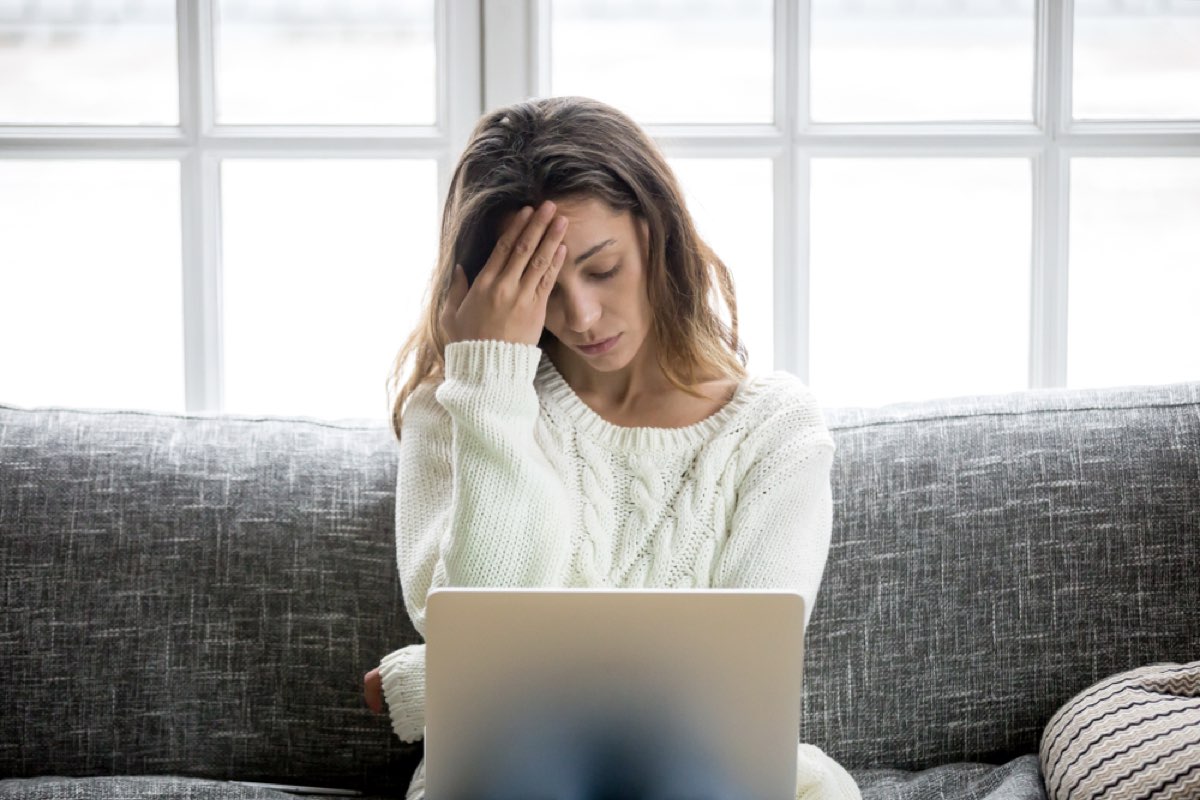
The why
“Menarche, menstruation, pregnancy, and menopause, and also the use of hormonal contraceptives and hormone replacement treatment may influence migraine occurrence,” Claire says. “This gives a strong indication that, although not all migraines are hormonal, for many women hormones play a significant role.”
“Up until puberty, the prevalence of migraine in boys and girls is roughly equal. However, girls are more likely to have their first migraine during the year their periods begin than at any other time in their lives. Throughout the reproductive years, menstruation is one of the most significant events related to the occurrence of migraine attacks in women. Although migraines may worsen during the peri-menopausal year (the years preceding menopause) due to hormonal fluctuations, after menopause, the incidence of migraine in women drops dramatically, with symptoms improving or going away entirely in 67% of sufferer,” Claire says.
Hormones
As with everything, hormones play a key role. “Oestrogen (in particular oestrogen withdrawal appears to play an important role in hormone-associated migraine. This explains why menstrual migraines tend to occur immediately before menstruation and during the pill-free period in women using combined oral contraceptive pills. When oestrogen levels are stable, such as in pregnancy or after menopause, this appears to have a protective effect against attacks. The reasons why some women are prone to migraine in response to hormonal changes while others are not, are currently unclear. Differences may be related to the ability to metabolise oestrogens or due to genetic variations in genes encoding for sex hormones, their receptors, or metabolites of the hormonal pathways,” Claire says.
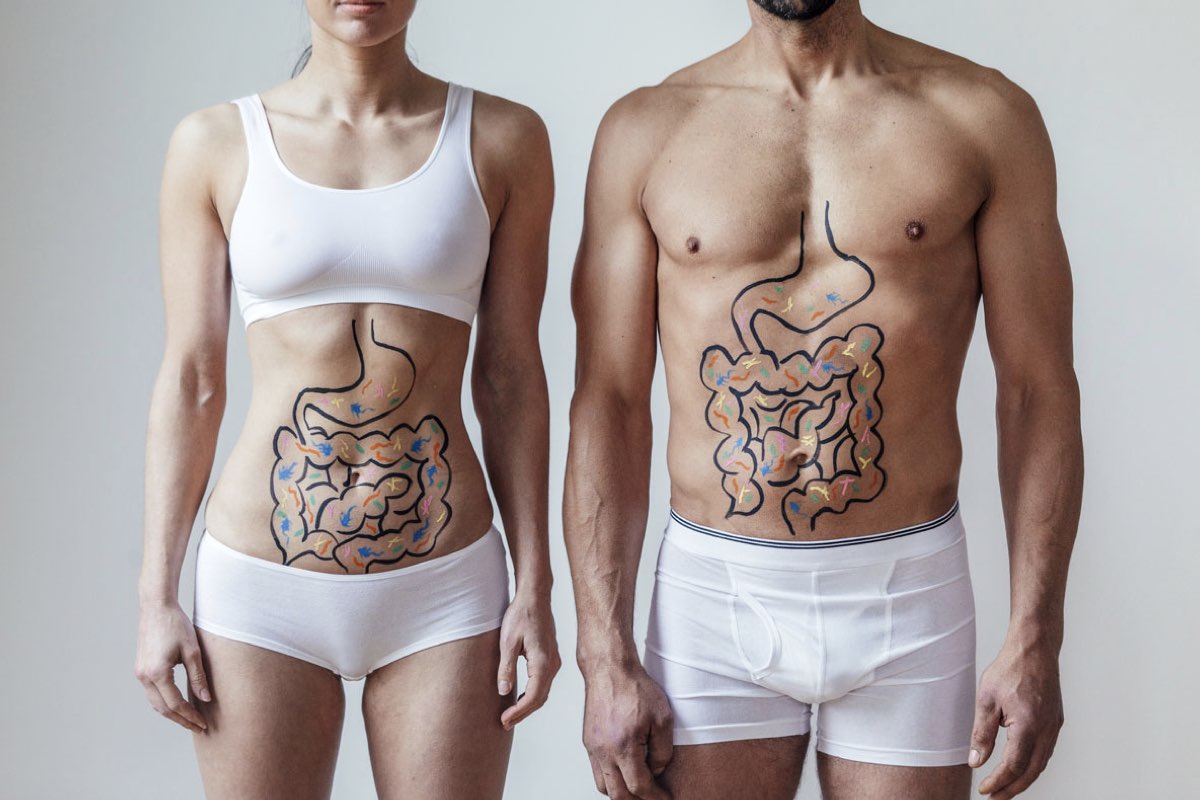
Gut Health
“In addition to hormone fluctuations, a further factor which may be contributing to the high prevalence of migraine in women is gut health. Irritable Bowel Syndrome (IBS) is also more commonly reported in women than men. Dysbiosis (an imbalance of microorganisms in the gut) is observed in many IBS sufferers and is thought to be a key factor in the condition. In a recent study published last year, female IBS sufferers who also suffered with migraine were found to have significantly worse dysbiosis than women IBS sufferers who did not. In addition, stress has been shown to have a negative impact on the gut microbiome and is also one of the most common triggers for both IBS and migraine,” Claire adds. Live bacteria supplements and vitamin B6 supplements could help.
As sufferers will know, migraines can be agonising. Don’t feel ashamed or weak – they are real, and they do affect women more. Seek all the help necessary/
Get your weekly DOSE fix here: SIGN UP FOR OUR NEWSLETTER
